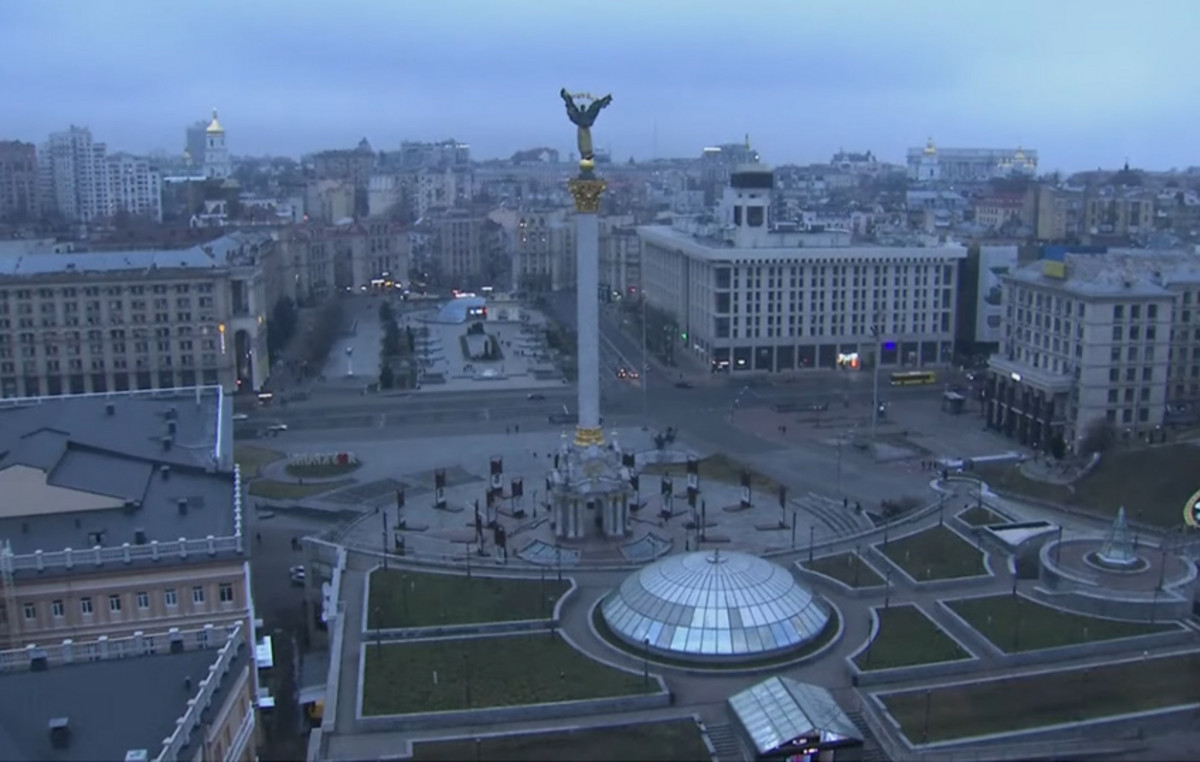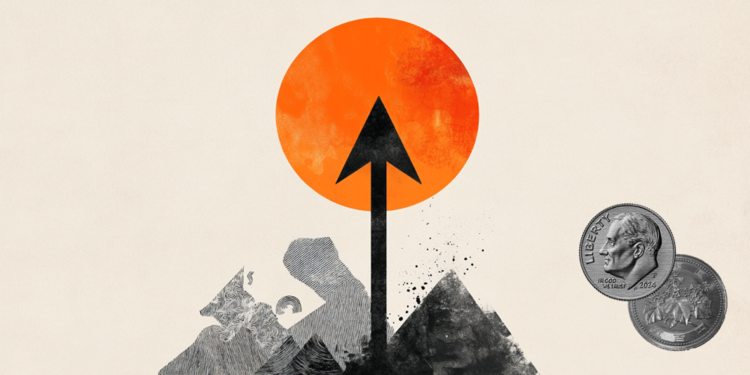Former US President Donald Trump’s business practices included some astonishing moments, such as paying with gold bars that were transported to his apartment in Trump Tower in New York. This is what reveals a book to be released by “The New York Times” reporter Maggie Haberman to which the CNN had access.
Haberman reveals new details about Trump’s business dealings in New York real estate and beyond. The excerpts recount a veiled threat made to the owner of a magazine that would publish his inflated net worth and the fact that his companies had dealt with the mafia in some transactions.
In parallel, other business practices of the former US president are now under renewed and intense scrutiny with the announcement on Wednesday of a wide-ranging lawsuit by the New York attorney general against Trump, some of your children and your company. The suit alleges that the former president engaged in fraudulent financial activities to enrich himself.
In a surprising episode, reporter and author Haberman recounts that Trump occasionally received installments of cash rent payments. A lessee once sent Trump a box of dozens of gold bars to cover a portion of the rent for the garage at the General Motors building in Manhattan, which Trump purchased in 1998, according to the book.
Trump told aides he didn’t know what to do with the gold bars. He ended up calling Matt Calamari, a former security guard turned chief operating officer of the Trump Organization, to put the bars on a cart and take them to his apartment in Trump Tower. The fate of the gold bars is unknown. A lawyer for Calamari declined to comment. Haberman writes that Trump called the case “a matter of fantasy.”
Haberman’s book, Confidence Man: The Making of Donald Trump and the Breaking of America, is due for release on Feb. October.
Other excerpts provide an analysis of Trump’s journey in the New York business world, as well as his presidency and the aftermath of his 2020 defeat to Joe Biden.
Haberman, political analyst at CNN is an experienced New York-based reporter who also worked on local tabloids and later covered Trump’s 2016 and 2020 campaigns and the Trump administration for The New York Times.
According to her, Trump’s financial situation at his company was often more precarious than people thought, which was confirmed by former employees.
On one occasion, Trump reportedly borrowed several million dollars from George Ross, an executive at the Trump Organization. In conversation with the author, Ross acknowledged that he lent Trump money, but insisted that the amount was to “cover a situation that needed to be resolved very quickly” and not to pay salary expenses.
In another episode, Haberman writes that Trump threatened to reveal rumors that Malcolm Forbes, the late owner of Forbes magazine, was gay. At that time, the magazine was preparing to report that Trump’s net worth was far lower than he publicly claimed.
The author writes that Trump Organization employees worked in silos, and were often unaware of what was going on in other departments of the company.
When Trump’s hotel and casino arm was reprimanded by the Securities and Exchange Commission (SEC) for a misleading statement about its results, Trump would have been much more involved in the case than was revealed at the time.
Trump’s attorney at the time, Jay Goldberg, blamed corporate officials for the misleading 1999 projections and insisted that Trump was not involved in the document. Three years after the case, reports continued to claim that Trump had not played a role in the financial statement that exaggerated the company’s earnings.
But Haberman reports that a former consultant to the company, Alan Marcus, said that Trump personally took notes on a draft of the statement and made existing projections favorable to him. Trump denied this fact, according to the author.
In an interview with Haberman, Trump acknowledged that his business dealings in New York meant that he sometimes had to interact with the mafia, but said he had no idea at the time.
“Well, anyone who built anything in New York, regardless of whether they dealt with them indirectly, or even knew they existed, yes, they did,” Trump said. “We used to deal, we had companies hired and it is not possible to know if they were from the mafia or controlled or maybe not controlled. [por ela], but I will tell you that winning competitions is sometimes very hard. We get a bid and it is discouraging. And then there was no one else to run.”
Source: CNN Brasil
I’m James Harper, a highly experienced and accomplished news writer for World Stock Market. I have been writing in the Politics section of the website for over five years, providing readers with up-to-date and insightful information about current events in politics. My work is widely read and respected by many industry professionals as well as laymen.







